
What Is Acid Reflux? Causes, Symptoms, and How to Prevent GERD
What Is Acid Reflux? Causes, Symptoms, and How to Prevent GERD
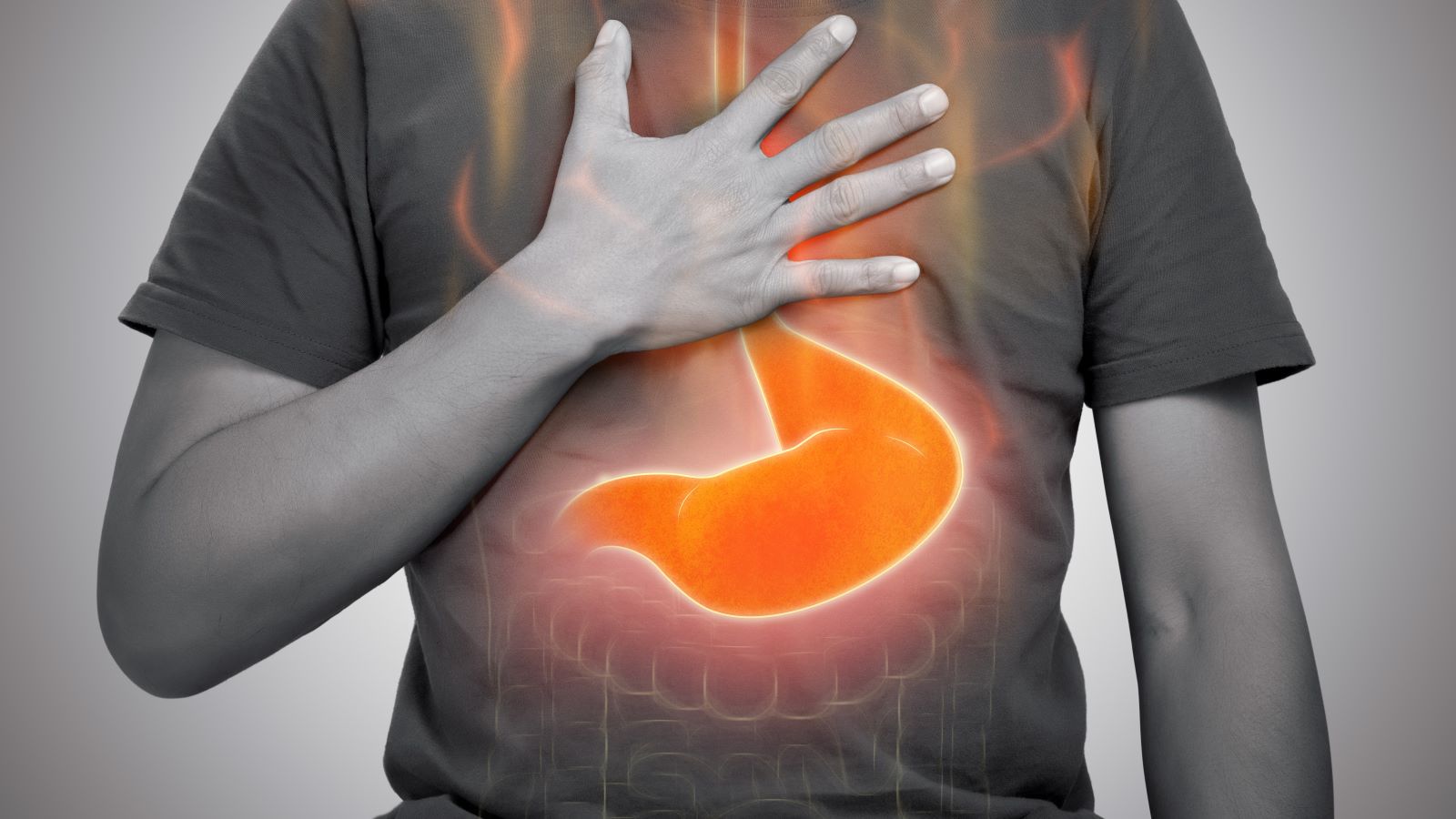
Acid reflux, also known as gastroesophageal reflux disease (GERD) or heartburn, is a common digestive condition that occurs when stomach acid flows back into the esophagus, irritating the lining. This backward movement—called reflux—can cause discomfort and a burning sensation in the chest or throat, often mistaken for a heart attack.
What Are the Common Symptoms of Acid Reflux?
Recognizing the symptoms of acid reflux is key to proper treatment. The most frequent signs include:
-
🔥 Heartburn: A burning sensation in the chest or throat, especially after eating
-
😖 Sour or bitter taste in the mouth (regurgitation)
-
🗣️ Hoarseness or sore throat
-
😮💨 Coughing and wheezing, particularly at night
-
🛌 Worsened symptoms when lying down or bending over
Some individuals may confuse acid reflux symptoms with those of a cardiac event, making it important to consult a doctor if chest pain is severe or persistent.
What Causes Acid Reflux?
Acid reflux can affect people of all ages, from infants to adults. The condition occurs when the lower esophageal sphincter (LES)—the muscle that separates the stomach from the esophagus—fails to close properly, allowing acid to escape.
Common causes of acid reflux include:
-
🍔 Poor diet (spicy, fatty, or acidic foods)
-
🪑 Sedentary lifestyle
-
⚖️ Obesity or excess abdominal fat
-
🤰 Pregnancy, due to hormonal shifts and added pressure on the stomach
-
🍼 Infants, who commonly experience reflux as part of normal development
While babies often outgrow reflux by their first birthday, adults may need to address lifestyle factors to control symptoms.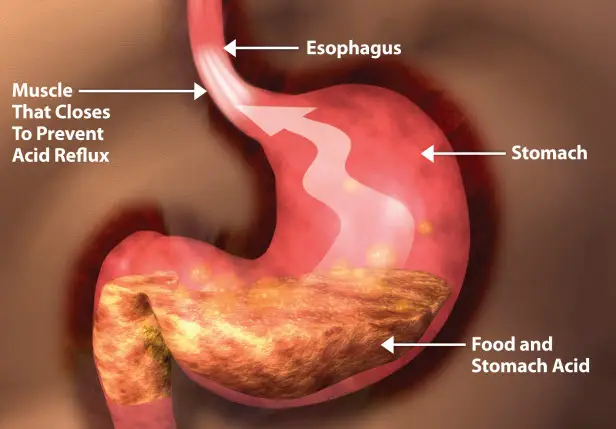
Can Exercise Help Acid Reflux?
Contrary to popular belief, exercise does not typically relieve acid reflux symptoms. In fact, some physical activities—especially those involving bending or intense movement—can make symptoms worse. However, regular moderate exercise, paired with a healthy diet, can support overall digestion and weight management, helping reduce reflux episodes over time.
How to Treat and Prevent Acid Reflux
Managing acid reflux often starts with lifestyle changes and home remedies. Over-the-counter medications like antacids (e.g., Tums, Rolaids) may offer temporary relief, but long-term prevention is key to avoiding complications.
Top tips to manage acid reflux:
-
🥗 Eat smaller, more frequent meals
-
❌ Avoid trigger foods: spicy, fried, acidic, or caffeinated items
-
🛏️ Don’t lie down immediately after eating
-
🕒 Eat dinner at least 2–3 hours before bedtime
-
🚶 Maintain a healthy weight
-
🚭 Quit smoking, which weakens the LES
Complications of Untreated Acid Reflux
If left unmanaged, chronic acid reflux can lead to serious complications, such as:
-
Esophagitis (inflammation of the esophagus)
-
Barrett’s esophagus, a precancerous condition
-
Chronic coughing or respiratory issues due to acid inhalation
-
Difficulty swallowing (dysphagia)
Early treatment and prevention can significantly reduce the risk of these long-term effects.
Final Thoughts: Don’t Ignore the Signs of Acid Reflux
Acid reflux is more than just occasional heartburn—it’s a condition that can impact quality of life and lead to serious health problems if left untreated. By identifying your triggers, adjusting your diet, and seeking appropriate medical support, you can take control of your digestive health.
News in the same category


White Clover (Trifolium repens): 15 Benefits and Homemade Uses
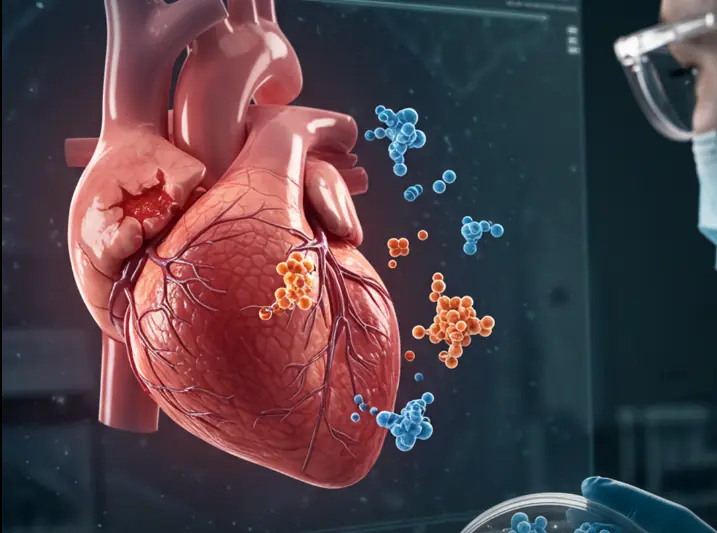
Breakthrough Protein Combo Could Heal Heart Damage and Regenerate Organs
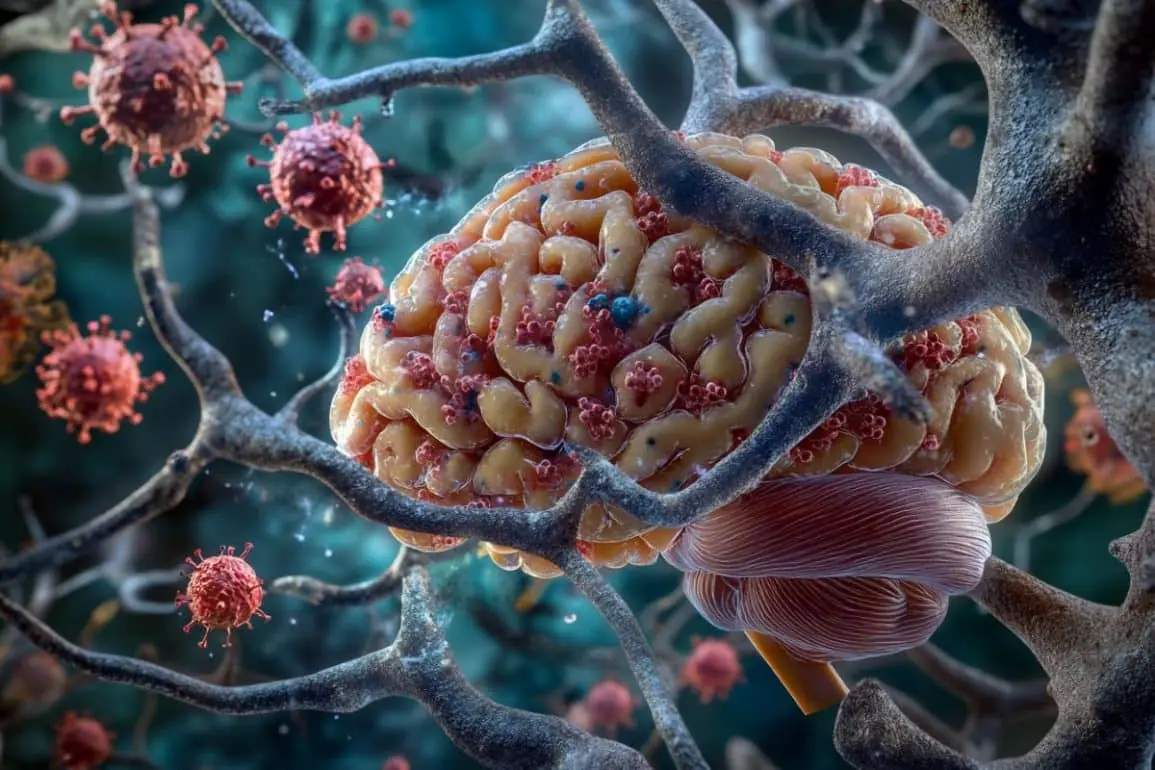
Head Injuries May Reactivate Dormant Viruses and Trigger Alzheimer’s-Like Brain Damage

How Blood Production Changes After 70: New Research Reveals a Surprising Shift

AI and Eye Scans: A Breakthrough in Fast, Accurate ADHD Diagnosis
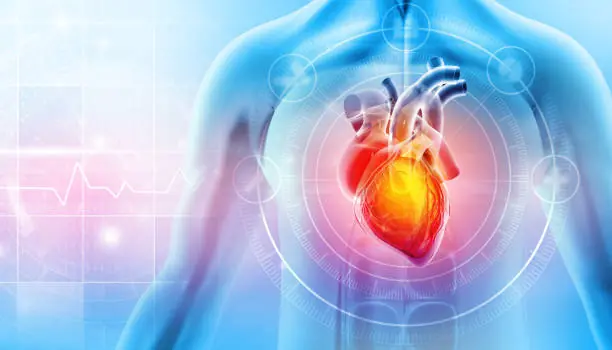
Early Signs of Heart Disease: What Chest Pain, Shortness of Breath, and Swollen Legs Could Mean

Groundbreaking Nanoparticle Technology Reverses Parkinson’s Disease in Stunning Study

This Psychedelic Root from Brazil May Be Able to Treat Depression

Researchers Reveal How Long It Takes To Grow Muscle When Lifting Weights

Waking Up After 6 Hours of Sleep? Here's Why—and Whether It’s Enough
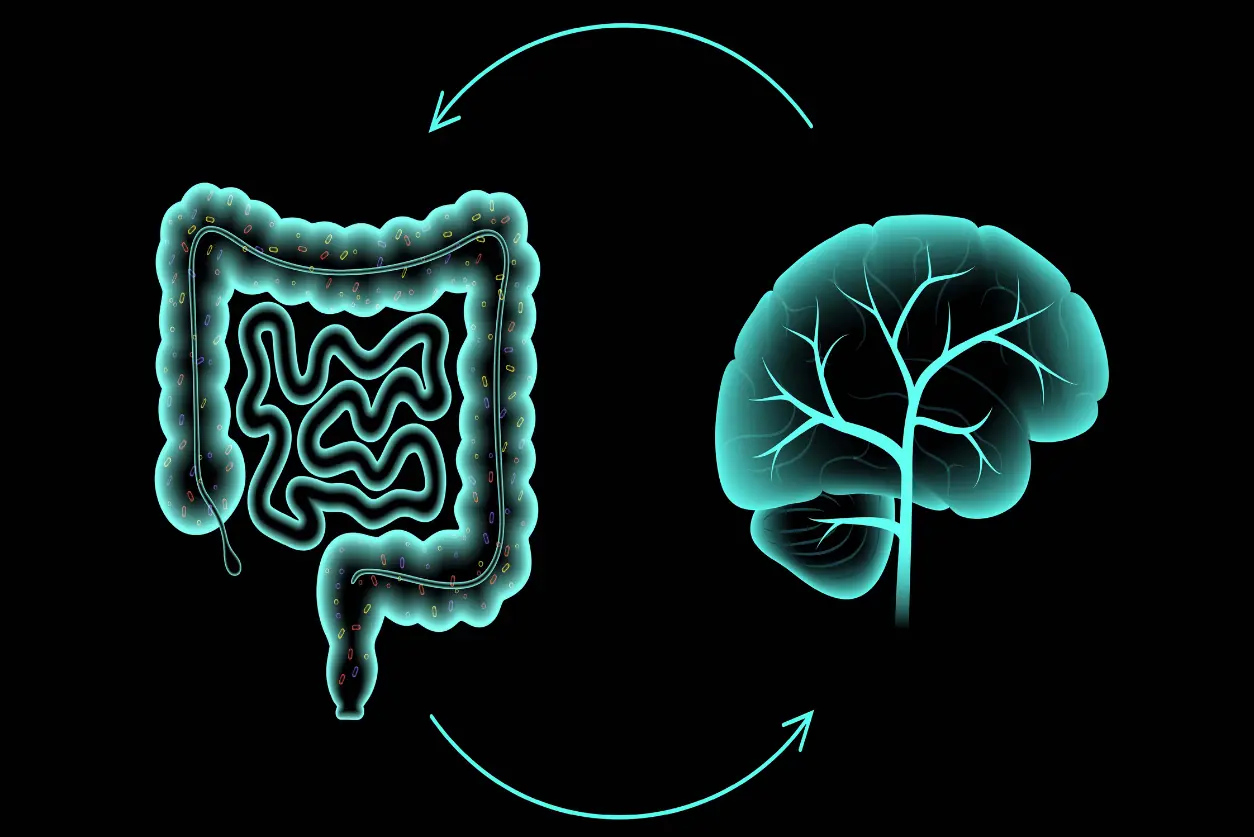
How Your Gut Bacteria Influence Your Mood, Thoughts, and Mental Health

The Hidden Cost of Anger: How One Minute of Rage Can Weaken Your Immune System for Hours

7 Benefits of Papaya Seeds & How to Consume Them Correctly

Cinnamon Tea: A Timeless Beverage for Health and Wellness
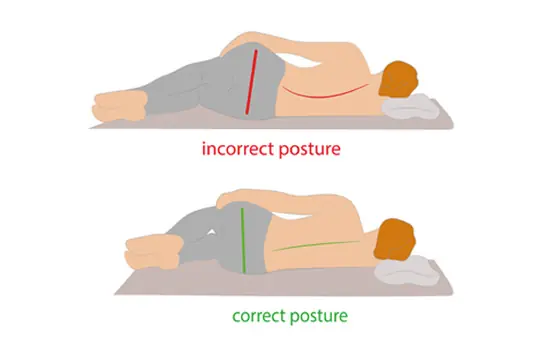
How Sleeping on Your Left Side Can Boost Your Health, According to Science

Sleeping Naked: Surprising Health Benefits Backed by Science

Red Dots on Your Skin? Why You Shouldn’t Ignore These Early Signs of Scabies

10 Best Foods To Support Digestive and Gut Health
News Post

🧄🌿 Natural Remedy for Leg Pain, Rheumatism, Varicose Veins & Arthritis with Cloves and Garlic

Modern House Fires Burn Faster: Why You May Have Only 3 Minutes to Escape

White Clover (Trifolium repens): 15 Benefits and Homemade Uses

A Mom of 7 Demanded My Deaf Grandpa Get Out of the Elevator—So I Brought Her Back to Reality

Could the Sahara Desert Power the Entire World with Solar Energy?

Breakthrough Protein Combo Could Heal Heart Damage and Regenerate Organs

Head Injuries May Reactivate Dormant Viruses and Trigger Alzheimer’s-Like Brain Damage

How Blood Production Changes After 70: New Research Reveals a Surprising Shift

My Ex-husband Got Our House, Car and All Our Money After Divorce – I Laughed Because That Was Exactly What I Planned

My Husband Cheated on Me With Secretary, Then Karma Crushed Him Back

My Husband Didn't Meet Me at the Hospital Discharge with Our Newborn – When I Found Out His Reason, I Went Pale

Mom of Quintuplets Can’t Pay For Groceries, Voice behind Says, ‘Your Bill Is Already Covered’

Drunk Bees? How Fermented Nectar Affects Honeybees in Australia

How Small Earth Is in the Universe—And Why That Should Inspire Us

AI and Eye Scans: A Breakthrough in Fast, Accurate ADHD Diagnosis

Early Signs of Heart Disease: What Chest Pain, Shortness of Breath, and Swollen Legs Could Mean

Groundbreaking Nanoparticle Technology Reverses Parkinson’s Disease in Stunning Study

This Psychedelic Root from Brazil May Be Able to Treat Depression
